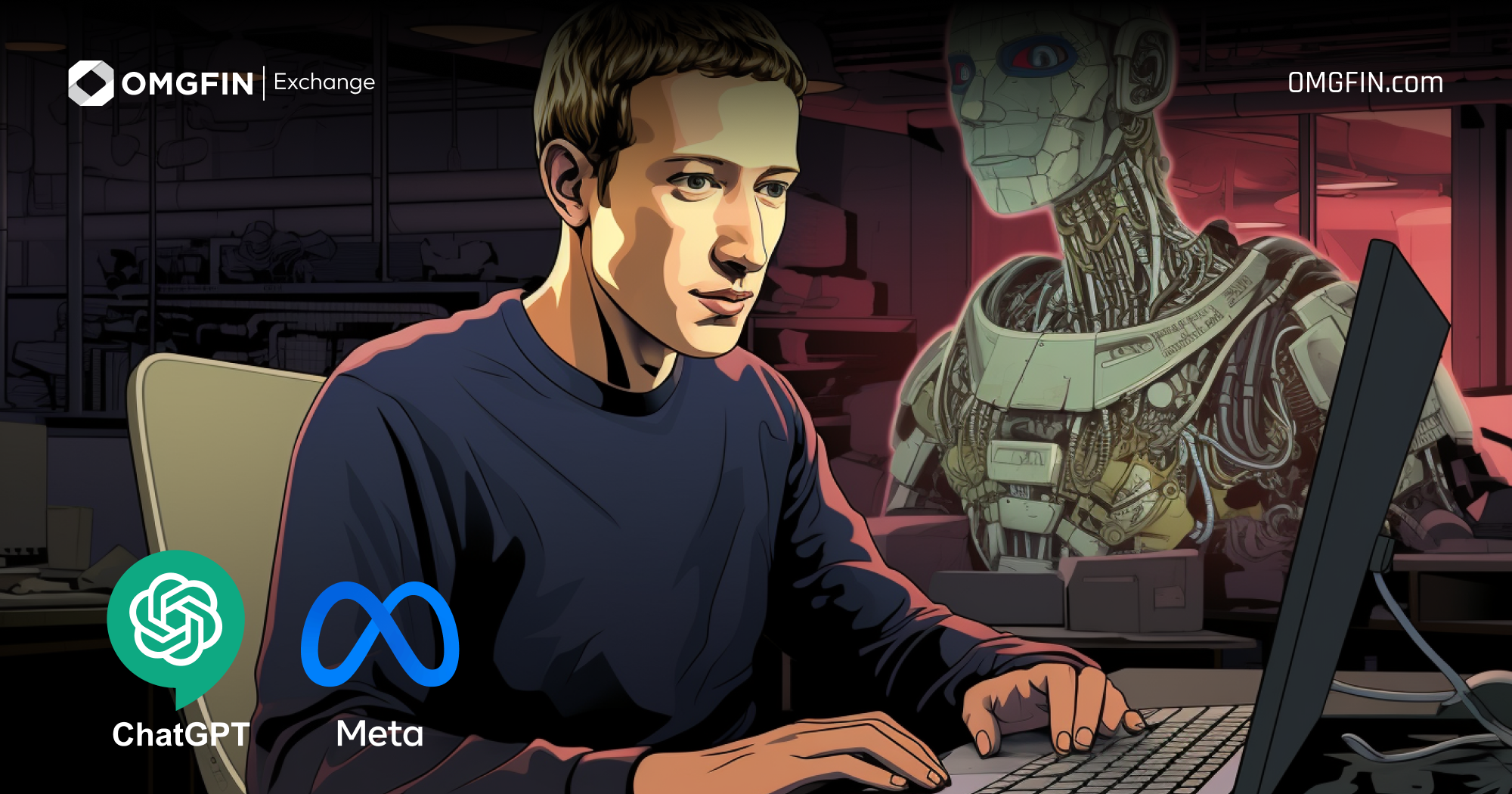Meta Unveils AI Assistant "Meta AI" to Compete with ChatGPT
Print
Modified on: Fri, 29 Sep, 2023 at 12:45 AM
Mark Zuckerberg, Meta's CEO, introduces Meta AI, an AI-powered assistant integrated with Instagram, Facebook, and WhatsApp. The new assistant, powered by the language model "Llama 2," aims to provide real-time information and engage in conversations. Differentiating itself from ChatGPT, Meta plans to create specialized AI products for various use cases. Meta AI will be initially available to a limited group of U.S.-based users on Facebook Messenger, Instagram, and WhatsApp starting September 27.

Meta Introduces "Meta AI": Zuckerberg's Response to ChatGPT
Mark Zuckerberg, CEO of Meta, unveiled the company's latest creation, "Meta AI," at the Meta Connect event. This new artificial intelligence (AI) assistant is set to integrate with Instagram, Facebook, and WhatsApp, leveraging Meta's powerful language model, Llama 2. Developed in partnership with Microsoft Bing, Meta AI is designed to offer real-time information and engage in conversational interactions with users.
A key differentiator from competitors like ChatGPT is Meta's strategy to create distinct AI products for different use cases instead of a one-size-fits-all approach. Meta AI boasts an additional feature—an image generation tool called Emu, trained on a vast dataset of 1.1 billion pieces of data, including photos and captions from Facebook and Instagram users.
While Meta AI excels at providing helpful information, Zuckerberg emphasized its conversational and entertaining aspects. The company showcased a collection of chatbots based on around 30 celebrities, offering a diverse range of entertainment-focused interactions.
Meta AI is set to be available on September 27 for a select group of U.S.-based users on Facebook Messenger, Instagram, and WhatsApp. It will also integrate with Meta's new smart glasses and the upcoming Quest 3 VR device, providing a seamless AI experience across multiple platforms.
In a parallel development, OpenAI announced an update to ChatGPT, allowing access to data beyond 2021 for Plus and Enterprise users employing the GPT-4 model. This enhancement eliminates the knowledge gap that previously existed due to ChatGPT's training data limitations.
(TOM MITCHELHILL, COINTELEGRAPH, 2023)
Did you find it helpful?
Yes
No
Send feedback Sorry we couldn't be helpful. Help us improve this article with your feedback.

